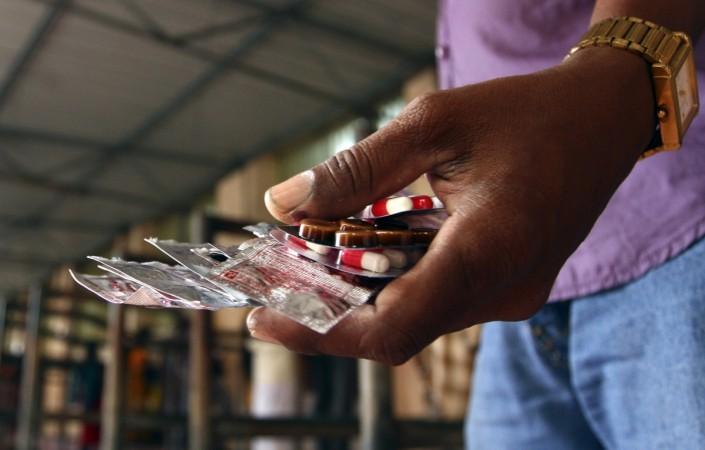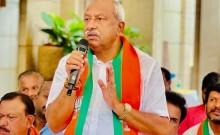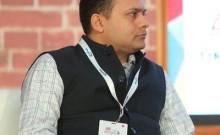
The Indian government has "privately reassured" a high-level US-India Business Council (USIBC), a trade advocacy group, that it will not use compulsory licences (CLs) for commercial purposes, the Indian Express reported Tuesday.
On Feb. 6, the USIBC had submitted an assurance to the United States Trade Representative (USTR), saying it was a "positive" approach by Indian authorities toward CLs. The USIBC, representing more than 350 top global companies investing in India, said it was "encouraged by the way things are trending" in developments related to Intellectual Property Rights (IPR) policies in the last 12 months in India.
India's Controller General of Patent, Designs and Trademarks has rejected at least two applications for CLs applied last year — AstraZeneca's patented anti-diabetic drug Onglyza and Bristol-Myers Squibb's cancer drug Sprycel, the Express reported.
"Investor sentiment would be more confident if the government provided a written declaration, saying they have officially disbanded the interagency compulsory licence committee and that CL will not be used except under situations of public health emergencies," USIBC President Mukesh Aghi told the Express.
USTR, a trade body, is currently reviewing global intellectual property (IP) laws for an annual report identifying trade barriers to U.S. companies. It has kept India on a "priority watch" list for two years now, warning the country on its legal provision of CLs that are being utilised even for commercial purposes, reported Reuters.
According to the WTO's Trade Related Intellectual Property Agreement, a CL can be invoked by a national government to allow another company to produce a patented product or process without the consent of the patent owner. It is done for the cause of public health especially to serve the poor in many developing countries. And India has successfully implemented the CL provision under Sec 84 of the India Patent Act, automatically allowing domestic pharmaceutical companies to have low drug prices.
However, since Prime Minister Narendra Modi came to power, India has been undertaking a review of its intellectual property policy. Policy makers have reportedly privately assured holding back CLs for commercial purposes but there has been no statement publicly on this. On the other hand, officials have reportedly said they are committed to protecting the interests of poor patients.
Reuters reported that several health activists and charities like Medecins Sans Frontieres have criticised the review, saying India is buckling under U.S. pressure and compromising the interests of patients.
The Indian Pharmaceutical Alliance, which represents 20 big drug makers, argued in its own submission that India's patent laws were fully WTO-compliant. Its secretary general D.G. Shah chided the USIBC for breaching confidence in its submission.
"If the government of India had said something privately, USIBC should not have embarrassed it by making it public," he said, according to Reuters.

















